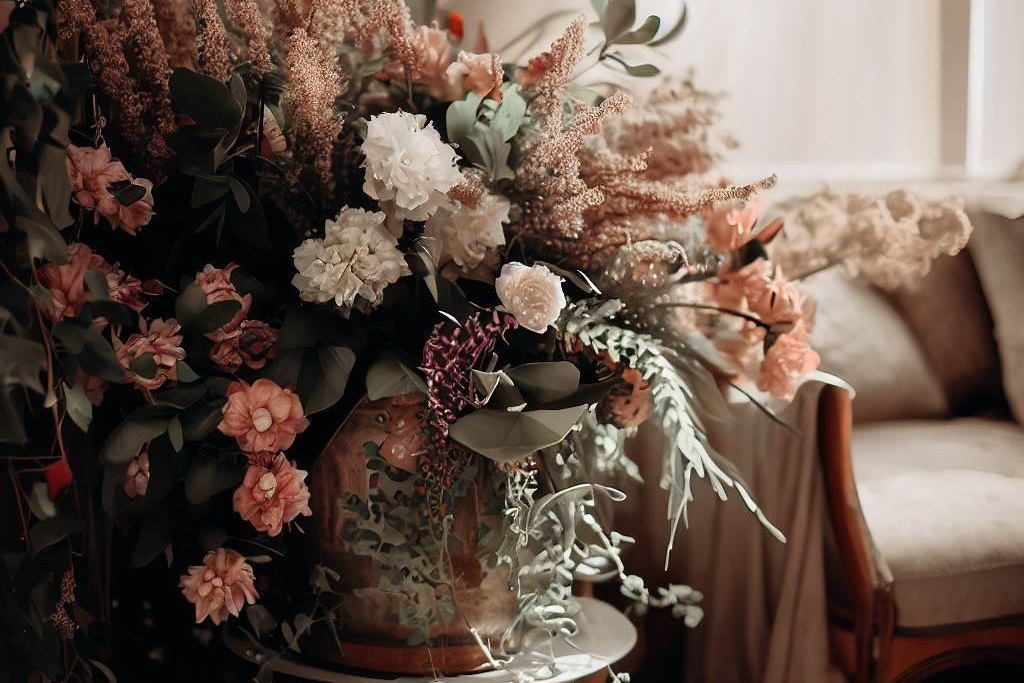An Array of Sentiments: Matching Flowers to the Emotions You Wish to Convey
Gifting flowers is an age-old tradition and for a good reason. They speak the language of sentiments, emotions, and expressions. But how well-versed are we in the language of flowers, also known as floriography? Can we effectively use flowers sent via an online flower delivery app to communicate a specific emotion? This fascinating journey will uncover how to effectively match flowers to the feelings you wish to convey.

Sentimental Symbolism: The Expressive Language of Flowers
Flowers speak a universal language of sentiment and emotion, transcending cultures and geographical barriers. This communication through flora dates back to ancient times and became particularly intricate during the Victorian era when it was used to send coded messages. Different flower types and colors were associated with a variety of sentiments, making every bouquet an expressive, vibrant conversation.
For instance, the classic red rose, known globally as the symbol of passionate love, is just the tip of the floral iceberg. Did you know that a single, full-bloom red rose can articulate a message of enduring love, while a bouquet of one hundred red roses symbolizes a love that is both eternal and unconditional? On the other hand, a bouquet of sunflowers conveys warmth, adoration, and platonic love – an ideal gift to express friendship.
Unveiling these layered meanings can significantly enhance your floral gifting experience, transforming each bouquet into a personalized message that resonates deeply with the recipient.
The Palette of Emotions: Choosing Colors Wisely
Flower color selection is a subtle yet impactful way of enhancing the emotional quotient of your floral gift. With an array of hues to choose from, each carrying its own emotional resonance, your floral bouquet can become a vibrant artist’s palette, brimming with meaningful shades of sentiment.
Red, the color of the heart, is universally known to symbolize passionate love and desire. It’s no wonder then that red roses, tulips, or carnations make for the quintessential romantic bouquet. However, a bouquet of pink flowers, from delicate roses to bold gerbera daisies, speaks to a softer side of love – one of sweetness, grace, and poetic romance.
Venturing away from the realm of romantic love, yellow flowers, reminiscent of the sun’s radiance, express joy, happiness, and friendly affection. Sunflowers and yellow tulips make for a cheerful bouquet that can brighten up anyone’s day, making them an excellent choice to congratulate a friend on their accomplishment or to enliven a loved one’s spirits.
Purple blooms, found in lavender, lilacs, or orchids, represent admiration, respect, and the enchantment of deep fascination. This color is a unique choice for gifting to someone you deeply respect or are intrigued by.
The color white in flowers, spanning across lilies, roses, or chrysanthemums, signifies purity, innocence, and reverence. White flowers are commonly seen in weddings, symbolizing pure love and commitment. They are also often associated with remembrance and respect, making them a customary choice for funerals or memorials.
Floral Etiquettes: Delivering the Right Message
Finally, the manner and context in which you gift flowers also contribute significantly to the conveyed sentiment. For example, a surprise flower delivery often conveys a sense of excitement and spontaneity, perfect for expressing affection or celebrating a special occasion. On the other hand, presenting flowers personally adds a touch of sincerity and authenticity, ideal for expressing heartfelt apologies or condolences.
Some cultures also ascribe to specific flower gifting traditions. In Japan, the number and type of flowers gifted carry specific meanings. For instance, presenting flowers in even numbers, except for the lucky number seven, is considered a faux pas.
Also, when gifting flowers for a birthday or anniversary, consider the recipient’s birth month or wedding flowers. For instance, gifting lilies to a person born in May, which is the lily month, adds a thoughtful touch to your sentiment.
Conclusion
In the grand tapestry of human emotions, flowers hold a unique place as silent yet eloquent communicators. Understanding their language allows us to transform simple bouquets into heartfelt, emotional dialogues that resonate deeply with the recipient. So the next time you decide to gift flowers, pause for a moment to consider what you want to convey. Let your choice of blooms and colors be guided by your sentiments, ensuring your floral message is as unique and beautiful as the feelings that inspire it. In the world of communication, let’s continue to let our flowers do the talking.
